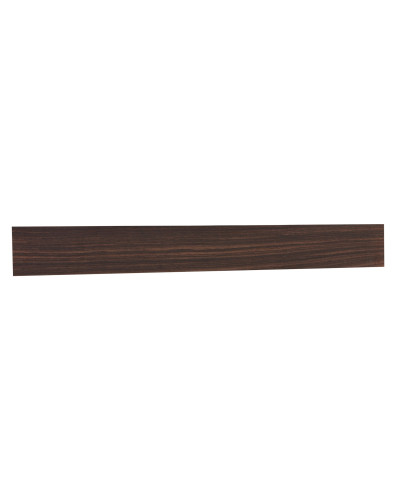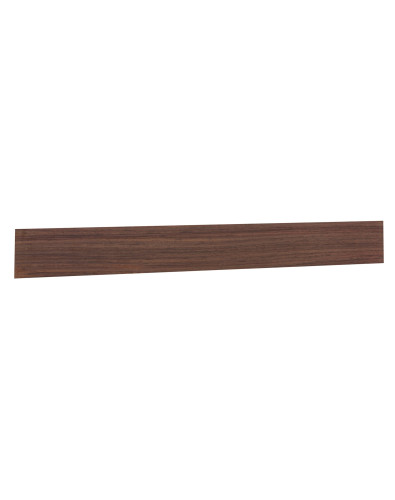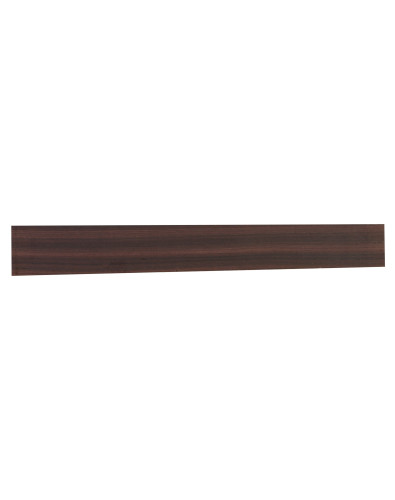Indian Rosewood
The Indian Rosewood and the Ebony, are the most used woods in to make fingerboards for acoustic guitar, due to their density and stability.
The Indian Rosewood tends to makes the sound deeper and it adds a warmer hue than other woods, a feature much appreciated by guitarists and luthiers. To make fingerboards, it is recommended to use this wood with a small thickness. Also, it should be cleaned and lubricated with oil with periodicity to avoid cracks.
In Maderas Barber we have fingerboards made out of Indian Rosewood for acoustic guitar in different qualities: check the sweetness of this very demanded wood by luthiers from all over the world.
BOTANICAL NAME: Dalbergia latifolia.
COMMERCIAL NAMES: Indian Rosewood, Sonokeling
ORIGIN: India.
DESCRIPTION: This wood has different tonalities like brown, pink or violet. It has a density of 870-900 kg/m3. Its sapwood color is light yellowish white and its heartwood color might vary from deep violet pink to brownish purple; it gets darker while it dries. It has dark violet grains. The fiber is uneven and the grain is thick.
SUGGESTIONS: Sawing and machining are complicated, due to its corrugated fiber and the presence of calcareous deposits. However, gluing presents no problems and before applying the finishing products, it is essential to use fillers. Its sawdust and dust are irritating.
DRYING: The speed of drying is slow, hardly presenting risks of breaks deformations but rajas. The color of the wood improves with drying.
USES: It can be used to make: fingerboards, soundboards, bridges, headplates and certain parts for the hurdy-gurdy.





